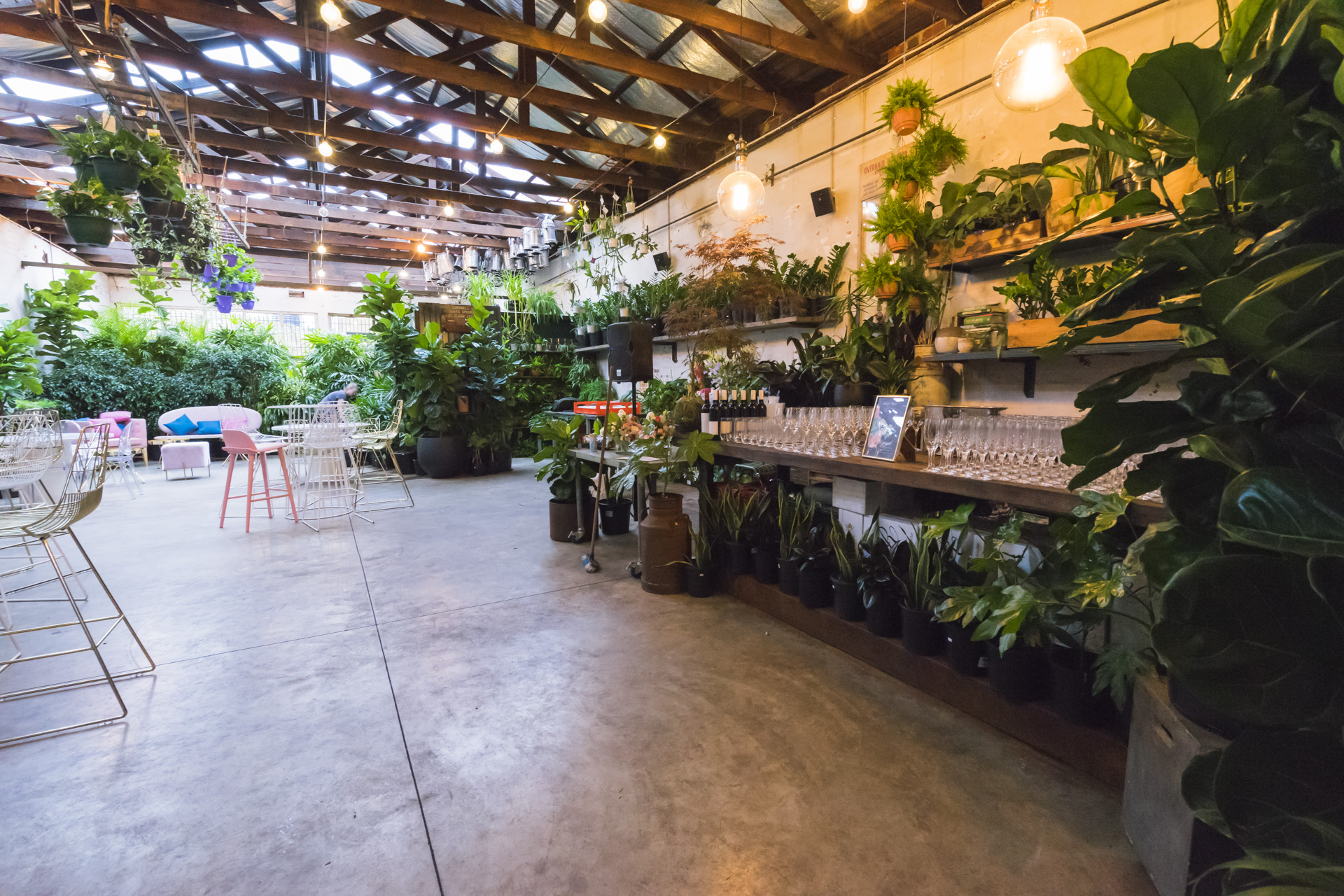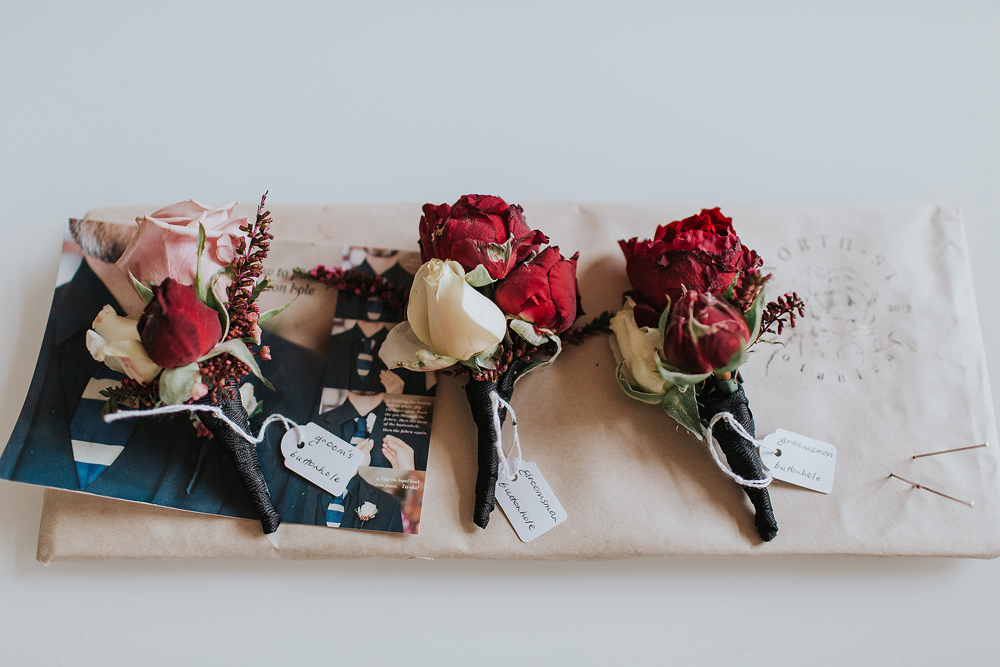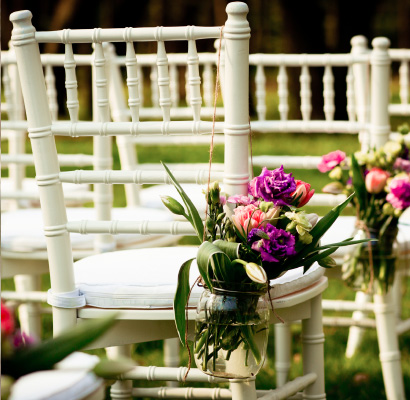
PUBLISHED: July 20, 2017
...the wedding industry is a hugely daunting and overwhelming beast, and it is very stressful if you don’t know how to navigate it.
You may have heard that it takes between 150-200 hours to organise a wedding from start to finish. If you have this much time spare, and you know what you are doing, then it can be a really fun process. But there is a LOT of information out there for you to sift through, and it can be really hard to find your way. All of the couples I have worked with have found out pretty quickly that the wedding industry is a hugely daunting and overwhelming beast, and it is very stressful if you don’t know how to navigate it. In order to help you get started, I’ve outlined the first three things you need to do in planning your wedding.
1. WRITE YOUR GUEST LIST
You need to know how many guests (approximately) you are going to have. It’s important to do this now for a couple of reasons.
a) The first reason is, that you and your partner need to be on the same page as far as size and extravagance of the wedding goes. You might THINK you are on the same page, but it’s a good idea to make this your first discussion about the wedding as it really dictates everything else from here. Hopefully you are your partner’s thoughts align, but if not this is a great way to open the discussion. So sit down and write you guest list; if your parents are going to be involved then make sure they have input as well. I’d recommend having a ‘Definitely’, ‘Maybe’, and ‘Nice to Have’ list. So if your venue is restrictive on numbers you know how to cut down the list.
b) The second reason that you need to have a general idea of your guest numbers is so that you know what size venue to look for. It is very important that you get a venue that is appropriately sized. There is nothing worse than a venue that is packed so tightly that you can’t move, and vice versa, if you don’t have enough people then you need to fill the space with other things and it becomes unnecessarily expensive. Also if the venue is too large, you may not meet their minimum guest requirements. And if it’s too small you may have to cut out guests that you really want there. Try and pick a venue where full capacity is at least 10% over your guest numbers so there is room to move. Some venues are renowned for packing in too many guests, to the point where there is almost no room to walk between the tables.
2. WORK OUT YOUR BUDGET
Unless you have unlimited money, or a hefty trust fund, you need to work out now what you will be able to afford. Then you will know how much money you will need to save before the big day! You can do this two ways.
a) Start with a budget figure, then work backwards. Work out your overall figure first – so look at how much you can save per month, then work out what you will have by your wedding date. Then add in any money you might receive from family to put towards your wedding (say a contribution from parents). Also, whether you have access to credit cards you may want to use and pay off after the wedding. Once you know your absolute final budget figure, you can then work backwards from that and figure out how much you need for everything OTHER than venue food and drink costs, then with the rest split it by the number of guests and you have the per head figure you can afford for food and drink.
b) Build the budget from bottom up. This means working out each component and building it up to give you the budget you will need for your dream wedding. You might be shocked by the figure, so I would recommend working it out using both methods – to see how closely they match.
It’s also good to have a general idea of how many people you will have in your bridal party, as this can sometimes significantly impact your budget (but the time you pay for dresses, suits, flowers, and other bits and pieces, it really adds up).
If you have a wedding planner, they will have an intimate knowledge of how much things cost and will make the process much quicker for you so you are not having to do research on every single item (they’ll know most of them off the top of their head)! So I suggest hitting them up for some budget time (a good wedding planner will have already booked this in with you!).
I’ve shared my budget template, to make this process easier for you.
DOWNLOAD MY BUDGET TEMPLATE HERE
3. BOOK YOUR VENUE
Most venues are booked out at least 12 months in advance. If you have a date set for your wedding, the sooner you decide on your venue the better, so that your date is available. Obviously the longer you take, the less chance you have of getting your date at your chosen venue. If you are after a Saturday wedding, you need to book the venue a minimum of 12 months in advance. If you are after a Sunday or Friday, 10-11months is generally ok. Just keep in mind that choosing a venue can take a lot of time, you might end up spending every weekend for a month looking at potential venues before you make your decision! If you have a wedding planner, they will save you a lot of time by giving you a shortlist of suitable venues, so that you don’t waste time looking at unsuitable places. I will soon be publishing an article on how to choose your perfect wedding venue, which should help you in this process.
Lastly, if this all sounds too overwhelming, I’d strongly recommend hiring a wedding planner who will do all of the hard work for you, and will guide you through the process so you can just enjoy your engagement rather than being stressed out and overworked! We offer free wedding consultations, just contact us to book yours in.
You May Also Like

Why hiring a wedding stylist will help bring your vision to life
PUBLISHED: December 16, 2020
Do I really need an event planner? Why professional help is always a good idea
PUBLISHED: December 9, 2020


